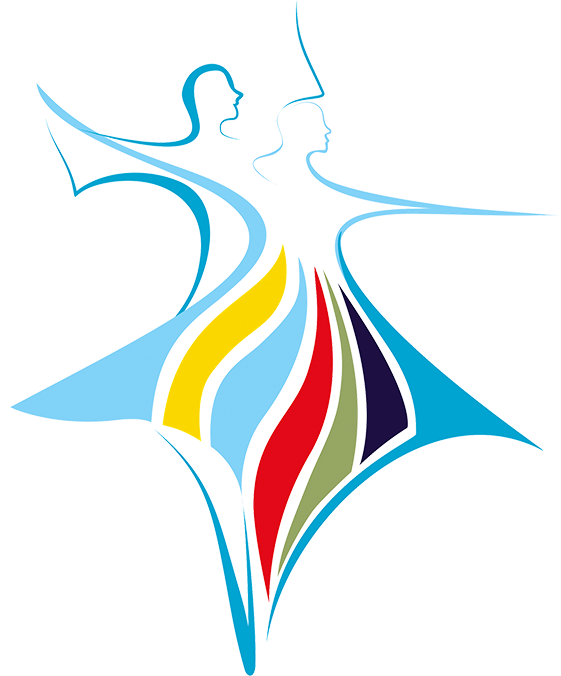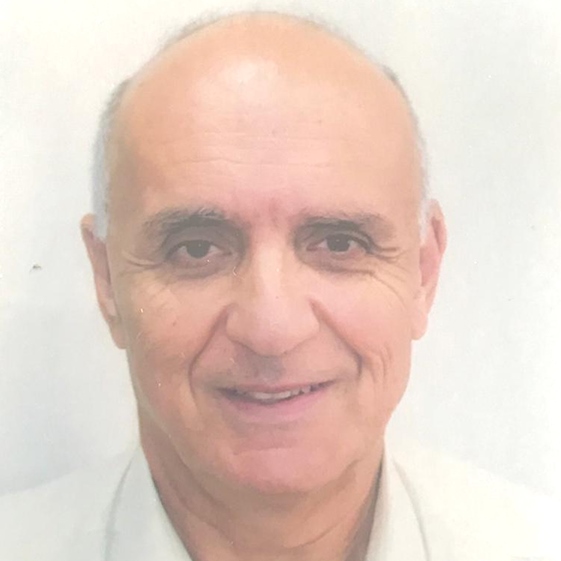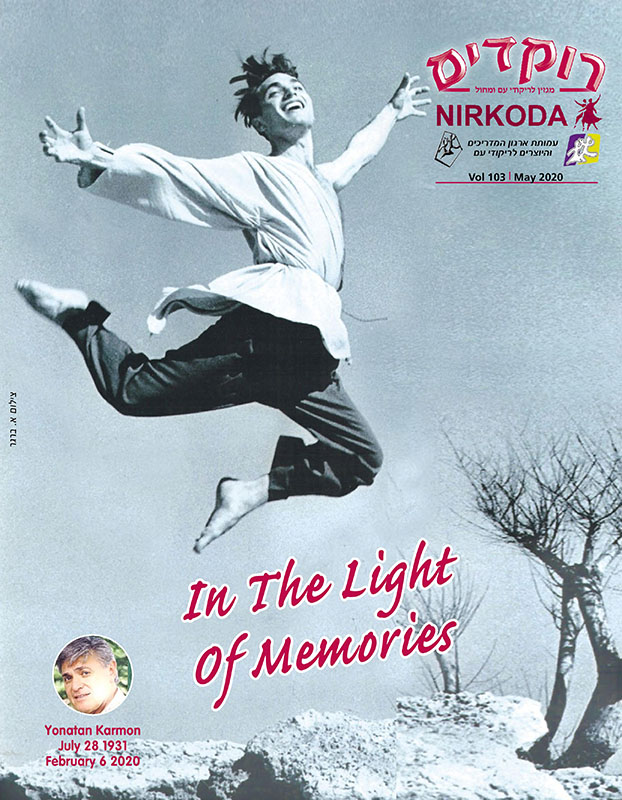- Home
- Rokdim Nirkoda 103
- Three Major Events
Three Major Events
The Jerusalem Dance troupe, the musical "David" and the Karmiel Festival
- Translation: Alex Huber
In the 1980s, our paths crossed at the following three junctures in Yonatan Karmon’s life:
1. Creating the Jerusalem Dance Troupe, and the Lincoln Center performance and tour in the United States.
2. Producing the musical “David” at the Sultan’s Pool venue in Jerusalem.
3. Establishing the first Karmiel Dance Festival, produced by Margalit Tal-Gan.
My wife and I met Yonatan in the early 1980s, when he returned to Israel after completing his job with the Olympia Hall in Paris. The meeting was initiated by Arik Katan who joined the Jerusalem Cultural Department.
Arik was one of the key dancers in Yonatan Karmon’s early troupes and later, he became a choreographer and director of folk dance troupes such as “Hora Yerushalayim” and “Emek HaYarden – The Jordan Valley”.
1980 – Formation of the Jerusalem Dance Troupe Lehakat Hamachol Yerushalayim
This dance troupe, under the artistic direction of Yonatan, brought a new level to folk dance in Israel. Since then, many of the choreographers and directors have been influenced by its style. The Jerusalem Dance Troupe performed in more than fifty shows a year, in the Sherover Hall in Jerusalem and across the country.
To receive the Jerusalem Foundation’s support, I traveled to the United States, with Yonatan, to raise donations for the many costumes needed for the troupe’s first show. Upon my return, and with Teddy Kollek‘s, intervention, the donations I brought were deposited with the Jerusalem Foundation which enabled the sewing of the costumes.
The Troupe’s performances in Jerusalem reflected the great thirst by many for Israeli folk dance, and the pride they felt seeing how Israeli folk dance became as prestigious as that of classical and modern dance.
For the first time, the general public, not only family members of the dancers, came in droves to see the performances, something to which they had not been previously exposed. Yonatan Karmon is the one who elevated Israeli folk dance to its new prestigious status.
Yonatan was joined by a large group of followers and many excellent dancers clamored to join the troupe. the troupe’s management and marketing was sponsored by the youth and cultural divisions of the Jerusalem Municipality.
1983 – Production of the Musical “David” at the Sultan’s Pool venue in Jerusalem
I directed the Sultan’s Pool venue during those years, as part of my role in the Jerusalem Cultural Division.
Yonatan Karmon directed, choreographed and did the casting for the musical. Meir Shalev wrote the wonderful text and Kobi Oshrat wrote the great music for the orchestra and the singers. In addition to the extended Jerusalem Troupe, the production featured: Dani Litani as David, Shoshana Damari as Ba’alat Ha’ Ov (biblical fortune teller), Izhar Cohen as Yonatan, Avraham Ferrera as Saul, as well as Riki Gal, Gali Atari and Ilka Raveh.
Only a giant creator like Yonatan Karmon, with his charisma and boldness, could assemble such an impressive and diverse list of stars with the meager means at his disposal. The Musical, “David”, was performed three times in front of a huge audience, but despite the hopes and expectations, did not evolve into an international tour.
Immediately after this production and with the help of veteran dancers, Morry and Aliza Karselnik who decided to sponsor the troupe, Lehakat Yerushalyaim under its well-known name “Lehakat Karmon”, went on tour at Lincoln Center in New York, and in Las Vegas.
The publicity and credit received by the troupe on the one hand, and the development of folk dance on the other, led to the initiative of the late Mayor of Karmiel, Baruch Wenger, to establish the Karmiel Dance Festival.
1988 – Establishment and Production of the First Karmiel Dance Festival
The connection began with a meeting in Mayor Wenger’s office in 1987, together with Yonatan Karmon and myself. I was present in my capacities as manager of Lehakat Yerushalayim, director of the Jerusalem Cultural Department and in charge of the Sultan’s Pool venue. Also present at this meeting were a number of architects from Haifa, and senior representatives from the city of Karmiel. Yonatan, typically brimming with vision and boundless imagination, spoke of “a gigantic stage and an amphitheater that would hold two hundred thousand people … like in Dalia”. Those sitting around the table were horrified by the numbers and Mr. Wenger referred the question to me. My answer was that an amphitheater that would hold twenty thousand people would satisfy us, provided the stage was as big as Yonatan asked for – three times the standard stage size. Yonatan immediately said: “What Yossi says …” and everyone breathed a sigh of relief…
Later, we all went to the roof of the City Hall building to look out over the whole area. The place chosen was a rocky hill, without any infrastructure. To carry out the project, the Karmiel Municipality brought together the JNF (Jewish National Fund), our experience in Jerusalem and the advice and approval of Teddy Kollek. Within a year the hill became an impressive amphitheater under the direction of the energetic mayor, who inaugurated the Amphitheater during his lifetime and was able to reap the rewards of his efforts. Baruch Wenger passed away 5 months after the first Karmiel Dance Festival.
The first festival, which opened on June 27, 1988, while workers were still laying the last pieces of grass as the spectators were entering, fulfilled the dreams of many. The program was performed by hundreds of dancers, accompanied by a great orchestra conducted by Ziko Graziani. Margalit Tal-Gan produced the first festival working from an office in Tel Aviv made available to her and to Yonatan Karmon, the festival’s Artistic Director, by our friend Shlomo Maman. A few years later, Shlomo Maman replaced Yonatan as the festival’s Artistic Director.
Here is the place to say that without the initial enthusiasm of the host city’s officials, executives, residents and a large number of fans in key positions in the cultural establishment, such as Dr. Dan Ronen, Tirza Hodes, Bracha Dudai, dancers and troupe directors from the entire country – we would not have we would not have merited the beginning of a tradition with more than thirty years of successful dance festivals in Karmiel.









Comments
התראות